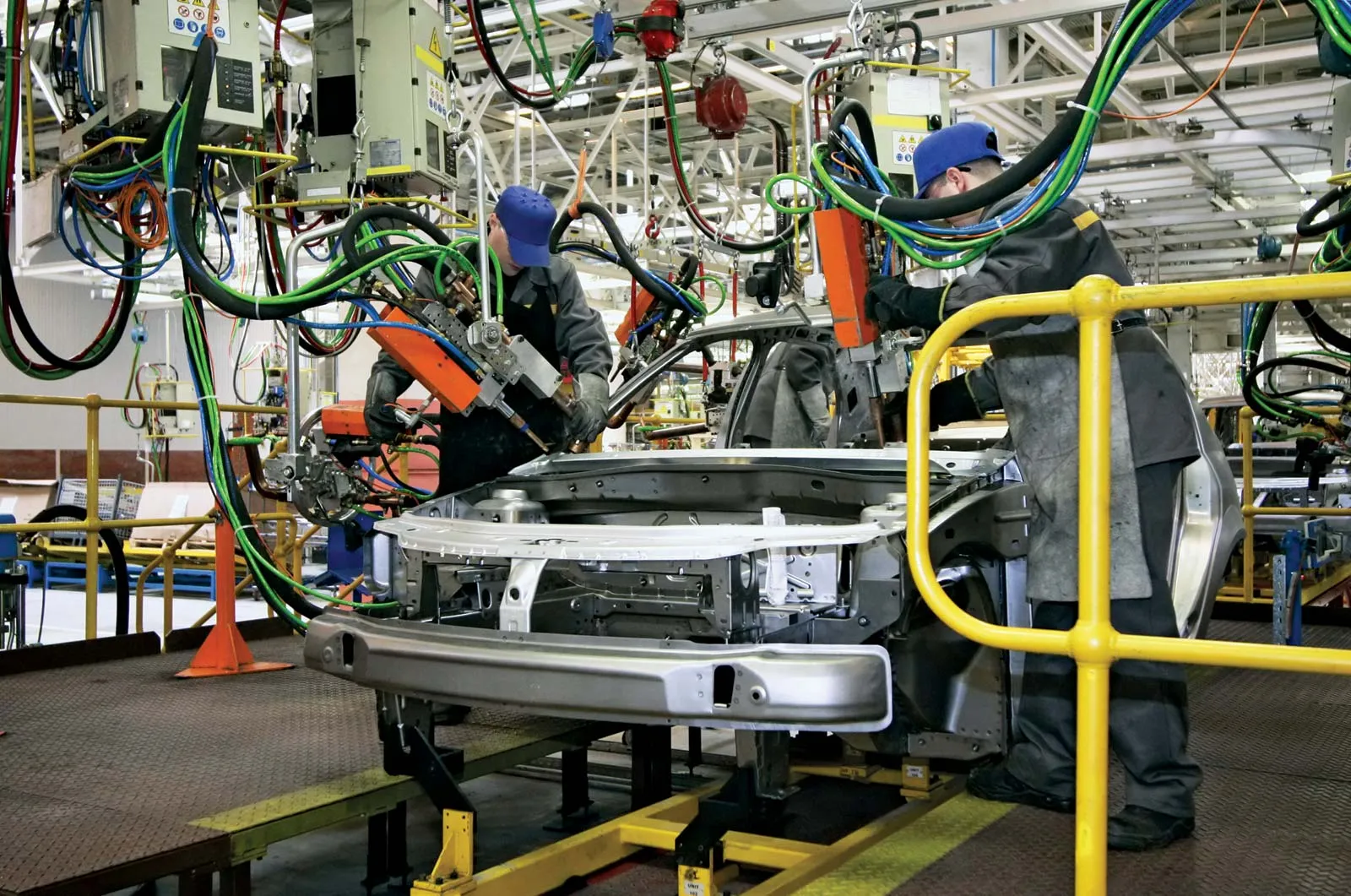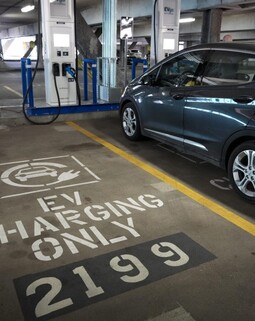Toyota, a global automotive giant, has taken a significant step towards establishing a vehicle assembly plant in Ivory Coast, West Africa, as part of its strategic move to tap into the burgeoning African automotive market. The agreement, signed by the Ivorian government and Toyota, marks a pivotal moment in the region's automotive industry, highlighting Africa's emergence as a key market for leading automakers.
Agreement Signing and Strategic Partnerships
The Ivorian Prime Minister, Amadou Gon Coulibaly, announced the agreement with Toyota at a Japan-Africa development conference in Yokohama, Japan. The deal was formalized between Gon Coulibaly and Ichiro Kashitani, CEO of Toyota Tsusho, a subsidiary of the automotive and industrial group. This partnership signifies Toyota's commitment to expanding its presence in Africa and leveraging the continent's potential as a significant market for new cars.
Toyota's Entry into Ivory Coast
While the statement did not provide specific details regarding the types and volumes of vehicles to be manufactured in Ivory Coast, the agreement paves the way for the establishment of the assembly plant by year-end. Toyota's foray into Ivory Coast aligns with its overarching strategy to expand its manufacturing footprint and address the increasing demand for automobiles across Africa. By venturing into this market, Toyota aims to capitalize on the continent's burgeoning automotive sector while diversifying its production locations. This strategic move underscores Toyota's commitment to enhancing its presence in Africa and underscores the region's significance as a key growth market for the global automotive industry.
Industry Trends and Competitor Strategies
Toyota's move mirrors a broader trend among automakers, including Volkswagen, BMW, and Nissan, who are shifting their focus towards Africa due to its status as one of the largest untapped markets for new cars. With established players like Toyota already producing vehicles in South Africa, the expansion into Ivory Coast underscores the industry's recognition of Africa's automotive potential.
Regional Expansion and Market Penetration
Apart from Ivory Coast, automakers like VW and Nissan have expanded their presence into countries such as Nigeria, Kenya, and Ghana, either by establishing production facilities or expressing commitments to do so. Honda and Peugeot have also launched assembly plants in Nigeria, with Peugeot adopting a similar approach in Kenya. These developments underscore the escalating competition and strategic investments made by leading automotive manufacturers across Africa. As the continent's automotive market continues to evolve and expand, these investments signal a growing recognition of Africa's potential as a key growth frontier for the global automotive industry, prompting automakers to position themselves strategically to capitalize on emerging opportunities and meet the evolving demands of African consumers.
Conclusion
Toyota's collaboration with Ivory Coast to build a vehicle assembly plant signifies a significant milestone in the automotive industry's expansion into Africa. By leveraging strategic partnerships and establishing local manufacturing facilities, Toyota and other automakers are poised to capitalize on Africa's growing demand for new vehicles. As the automotive landscape in Africa continues to evolve, these initiatives are expected to drive economic growth, technological advancement, and job creation across the region.





